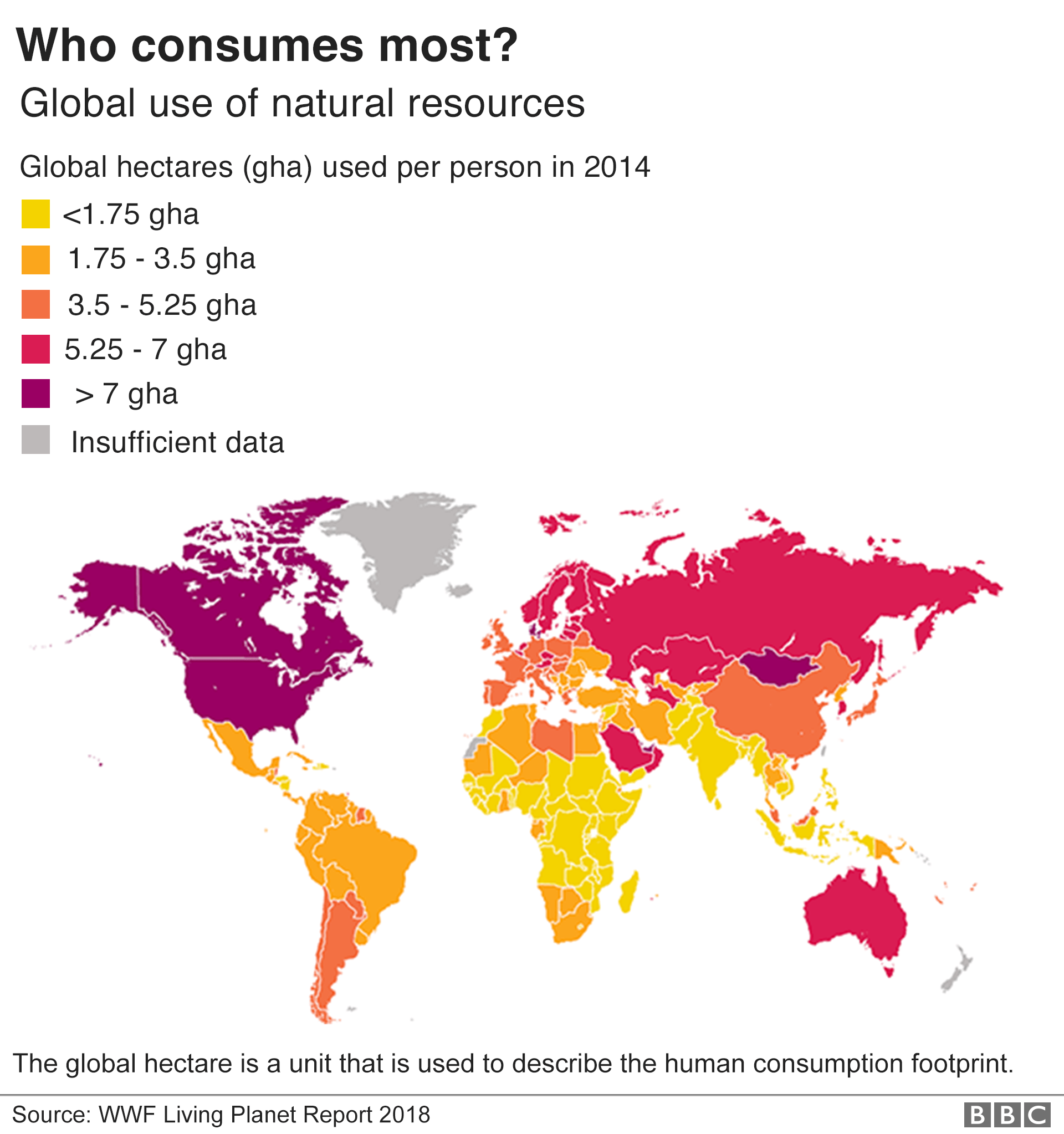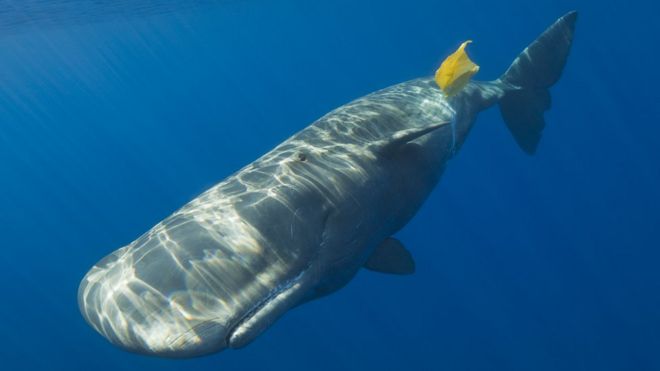In the last few years, governments and corporations around the world have come under increasing pressure to act on a global air pollution crisis.
In Europe, nitrogen dioxide (NO2) has been at the centre of the debate, following the dieselgate scandal and numerous legal battles faced by governments that have been shown to be in breach of legal limits.
As the World Health Organisation hosts its first global air pollution conference, new satellite data reveals the scale and spread of global NO2 on an unprecedented scale, from lignite power plants in Europe to wildfires in Africa.
Mapped against known pollution sources, it shows that NO2 pollution doesn’t come from diesel pollution alone; it is also emitted by coal, oil, gas and biomass plants as well as forest fires and crop burning.
Mapped: nitrogen dioxide pollution around the world - Unearthed





